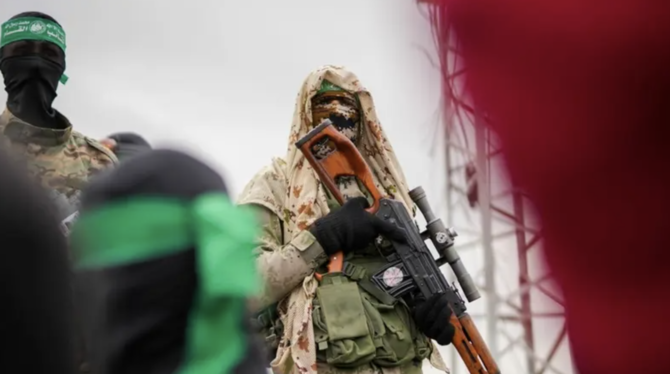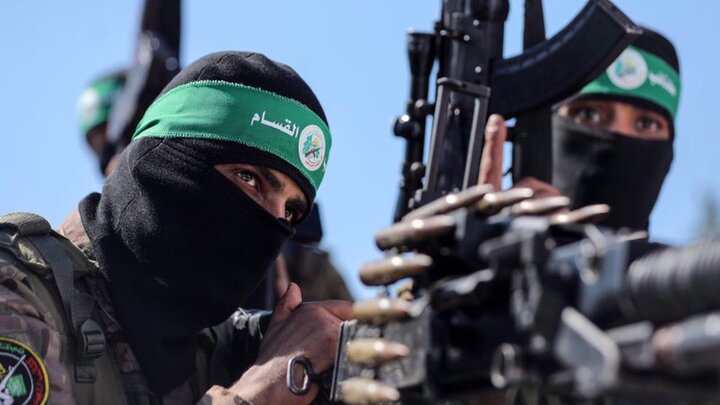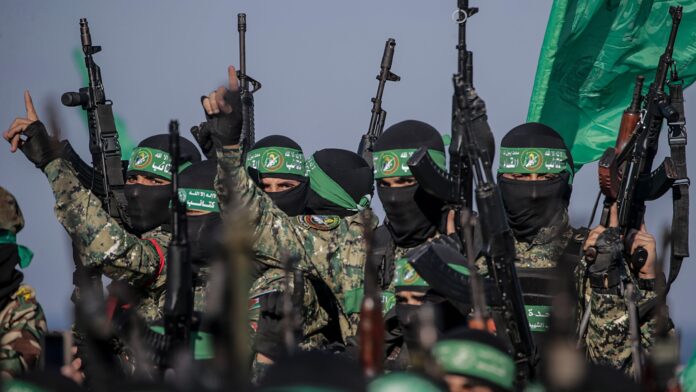Hamas Stance on Arms Remains Firm
Hamas issued a statement on August 2, 2025, that rejected assertions by a U.S. envoy who said the group showed flexibility on handing over its weapons during recent ceasefire talks at Cairo, and the group made it clear that it will not give up its arms unless an independent Palestinian state with Jerusalem as its capital comes into being, a demand that underscores the organization’s view of armed resistance as a legal right under international norms.
The statement came after U.S. Middle East envoy Steve Witkoff told reporters that Hamas negotiators had suggested a willingness to pause military activities and consider disarmament as part of an extended truce but stopped short of confirming a full commitment to lay down arms for good.
Impact on Ceasefire Talks

The latest Hamas position has stalled efforts by mediators such as Qatar and Egypt to secure a deal that would free hostages held in Gaza and bring relief to civilians caught in crossfire, and the group said it had received a ceasefire proposal that included releasing ten living captives and the remains of eighteen others but decided to review that plan in light of its condition that any pause must end only when all national rights are restored.
Meanwhile Israel has insisted on disarmament as a nonnegotiable clause for ending its military operations, and the conflicting demands highlight a diplomatic impasse that has left humanitarian convoys waiting at crossing points while tensions rise on both sides.
Regional Pressure and Diplomatic Stakes

Regional leaders have publicly urged Hamas to set aside its weapons in exchange for political recognition, and foreign ministers in Cairo and Doha have warned that continued armed conflict will undercut broader peace efforts across the Middle East and risk inflaming support for extremism beyond Gaza.
At the same time, observers note that Israel faces mounting criticism over operations in crowded refugee zones such as Rafah, where hundreds of thousands have sought shelter, and any failure to reach a deal could see intensified calls at the United Nations for an independent inquiry into civilian harm, placing additional strain on both Israeli policymakers and international backers.
What Comes Next
The rigid demands on both sides suggest that negotiators will need to craft a phased approach that ties limited arms reduction to concrete steps toward political autonomy, and negotiators might consider confidence-building measures such as monitored weapon withdrawals in return for incremental recognition of Palestinian governance in parts of Gaza and the West Bank.
However, any compromise will require both Israelis and Palestinians to accept a timeline that stops fighting without forcing immediate disarmament, and that could mean accepting a ceasefire window that lasts long enough to rebuild trust before tackling the most contentious issues.
Personal analysis
I believe that fixing this standoff calls for bold diplomacy that moves beyond demands to disarm from day one, and instead focuses on creating small safe zones under joint patrols, which may then expand into a wider security arrangement that includes international observers. This stepwise method would give Hamas a path to reduce military activity while giving Israel assurances that threats will not resume, and it could open the way to the very statehood goal that Hamas insists on before it drops its arms.
Sources: cnn.com

